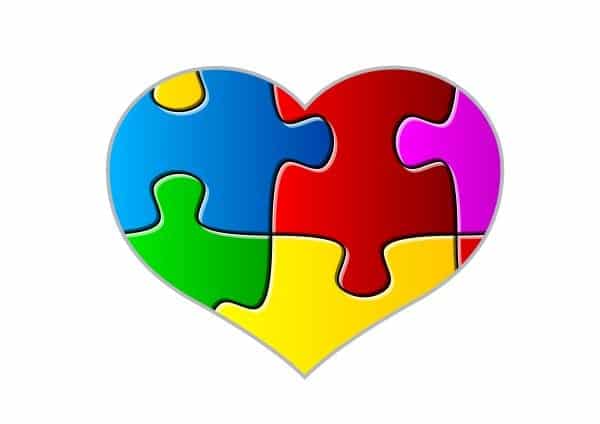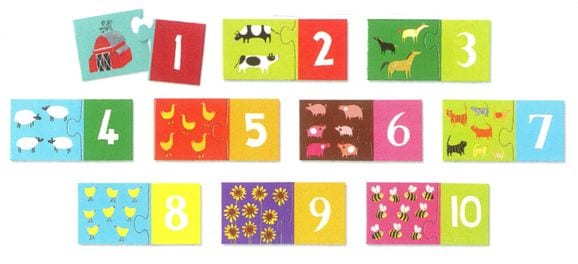When the little ones begin to show their interest in exploring the environment that surrounds them, we turn to elements that capture their attention so that they begin to discover, from touch, a new experience. Although their first element of connection with the sensory begins with the mouth, they very soon begin to manipulate objects and by themselves begin the process of interrelation. That is why we encourage your cognitive development with toys increasingly complex, so that there is a correct balance between their intelligence and their physical development.
This is when they enter the scene the puzzles. The puzzle (also puzzles), or commonly called puzzle, they are nothing more than a number of loose pieces that, placed in their correct space and location, form an image or an object. In the stage of schooling prior to Primary Education, the classrooms are full of recreational activities, being the puzzles protagonists of many new discoveries. However, once the pre-school phase is over, these elements disappear from the environment completely, and are no longer used. Why? Simply because new ways of improving knowledge are being sought, but even so its virtues are underestimated.
The benefits of puzzles They are innumerable, and they should not end in Early Childhood Education, but continue with their practice, become part of sequential learning. We do not invent anything, scientifically it is proven that puzzle:
- They continue to develop capabilities and increasing skills: creativity, coordination, skill, motor skills and laterality, thanks to the fact that they force the brain to work with both hemispheres
- They promote sociability and with her he the language
- They improve the observation capacity and the comparison, as well as the visual memory
- They get the application of logic faster
- They favor overcoming challenges, help to develop a strategy and, therefore, benefit the willingness to be decisive.
- Increase the tolerance for difficulties
- They improve the self esteem, thanks to overcoming the challenge
- Strengthen family ties and socio-affective, since it is an activity that can be shared between parents and children, teacher-students.
- In adolescents and adults they relax and can manage stress
- In the third age they are a tool very useful to delay the effects of senile dementia and memory loss.
Our advice is not to abandon the puzzleNeither in class, as a complementary activity, nor at home, as a stimulating exercise, a fun way to share time, strengthen ties and reinforce emotional bonding.

